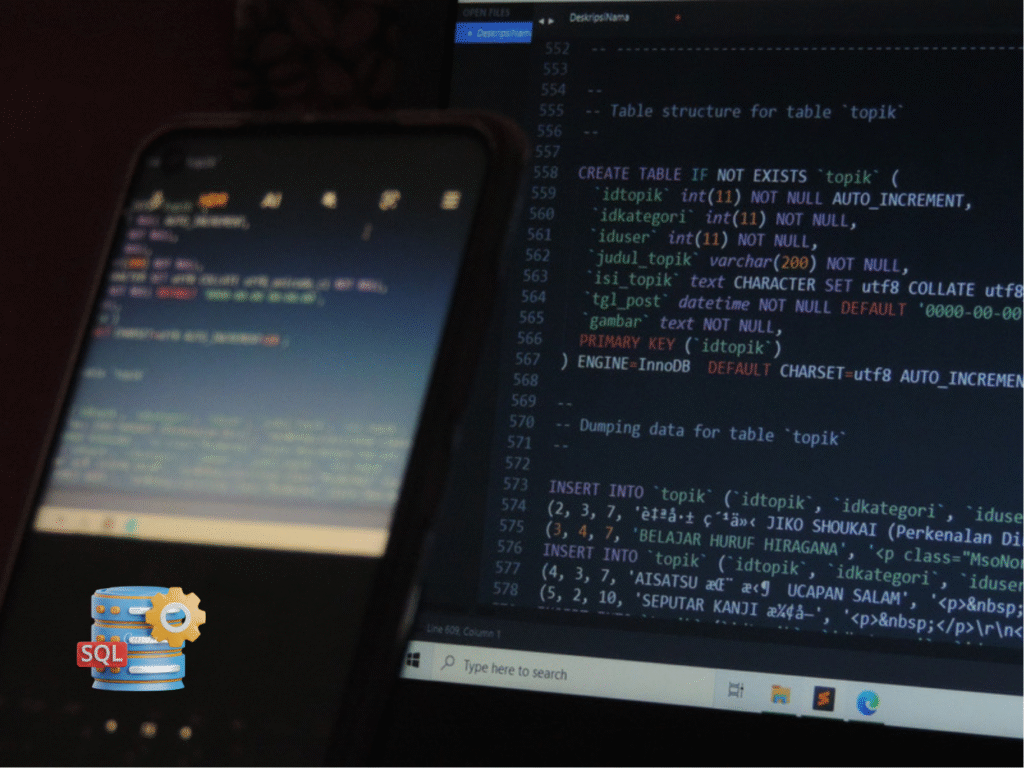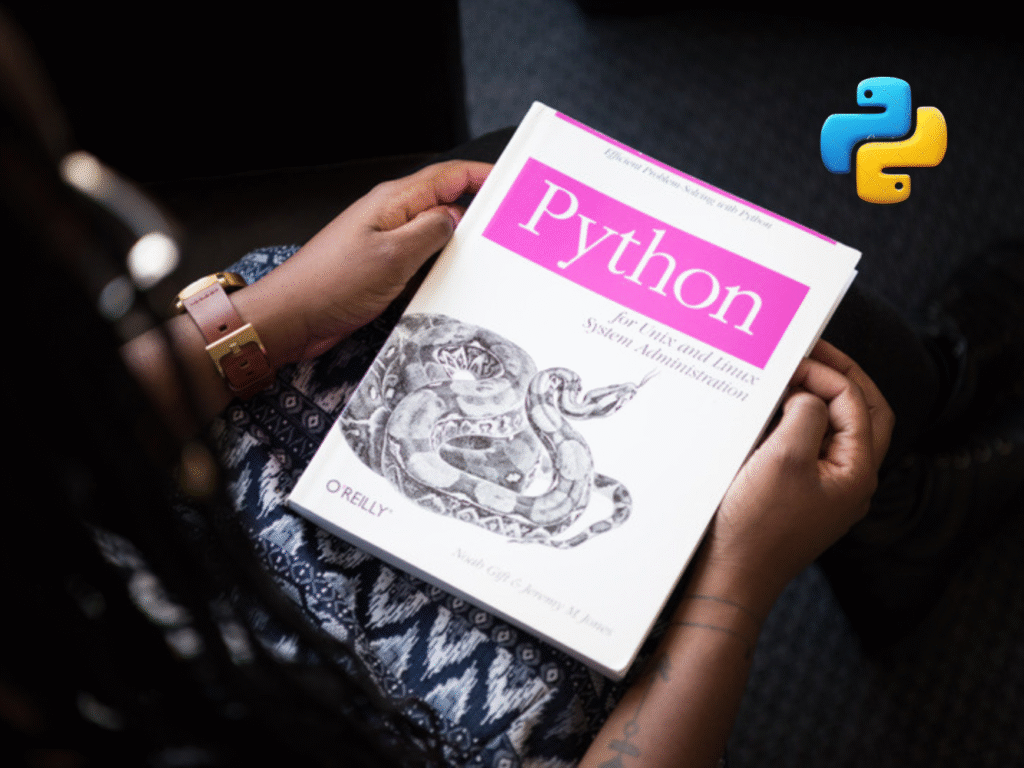When it comes to entering the world of #datamanagement and #dataanalysis, a common dilemma arises: Should you learn SQL or Python?
Both of these languages play pivotal roles in extracting insights from data, but they serve different purposes.
Hence my this week’s newsletter aims to help you navigate this decision by providing insights into the strengths and applications of both #sql and #python to kick off your #careertransition into the Data Science.
Let me insight you on the various topics from Understanding SQL and A Deep Comparison and Conclusion about SQL vs Python in this week’s Newsletter Edition on Career Sprout.
Key Takeaways:
- Understanding SQL and Pros
- Exploring Python for Data Analysis and Pros
- A Deep Comparison about SQL vs Python
- SQL vs Python: What to Prioritize first
- Career Paths for SQL and Python
- The Bottom Line: SQL vs Python
1) Understanding SQL and Pros:
SQL, or Structured Query Language, is a specialized language used for managing and querying relational databases.
It allows users to interact with databases, retrieve information, and perform various operations such as adding, updating, and deleting records.

SQL is the go-to language for data professionals working with structured data.
1.1) Pros of SQL
- Mastering SQL opens doors to a wide range of career opportunities in database management, data analysis, and business intelligence.
- Its efficiency in handling structured data and proficiency in complex querying make it an essential tool for anyone dealing with relational databases.
2) Exploring Python for Data Analysis and Pros
Python, on the other hand, is a versatile programming language known for its readability and flexibility.
In the realm of data analysis, Python is celebrated for its extensive libraries like Pandas, NumPy, and Matplotlib, which facilitate data manipulation, analysis, and visualization.

2.1) Pros of Python
- Python’s popularity in the data analysis community stems from its ability to handle various data formats, its simplicity in writing and debugging code, and the vast ecosystem of libraries tailored for data-related tasks.
- Learning Python empowers you to tackle a broader spectrum of data challenges.
3) A Deep Comparison about SQL vs Python
A Deep Comparison between SQL vs Python will enlighten you on what to choose.

4) SQL vs Python: When to Prioritize
The choice between SQL and Python ultimately depends on your career goals and the specific roles you aspire to.
If you’re aiming for roles in database administration, data engineering, or business intelligence, a solid foundation in SQL is indispensable.
Conversely, for data scientists, analysts, and machine learning engineers, Python is often the preferred language due to its versatility in handling complex data tasks.
5) Career Paths for SQL and Python
Data Scientist, Data Analyst, and the Machine Learning Engineer are some of the Lucrative Career Opportunities for Python.
On the other hand, Database Architect, Software Developer, and the Database Administrator are some Well-paying Career Paths for SQL.



Add a Comment